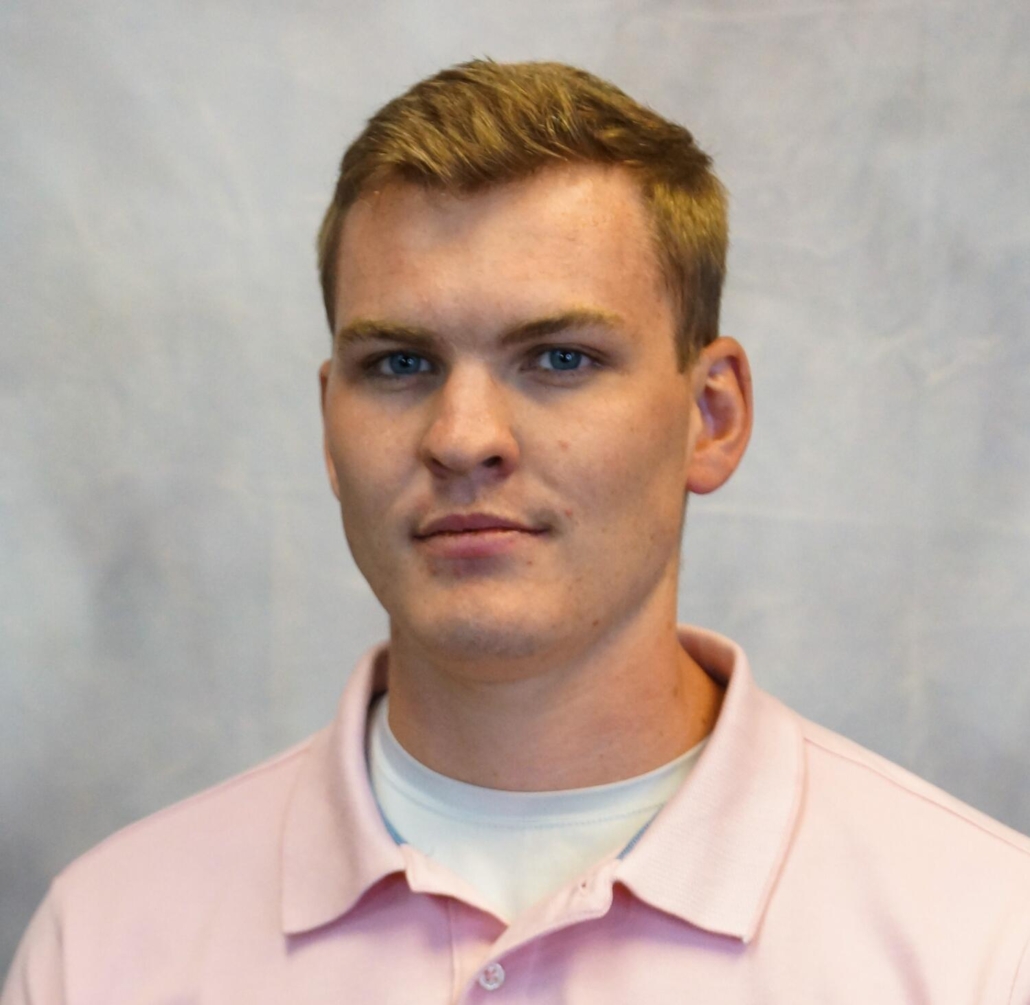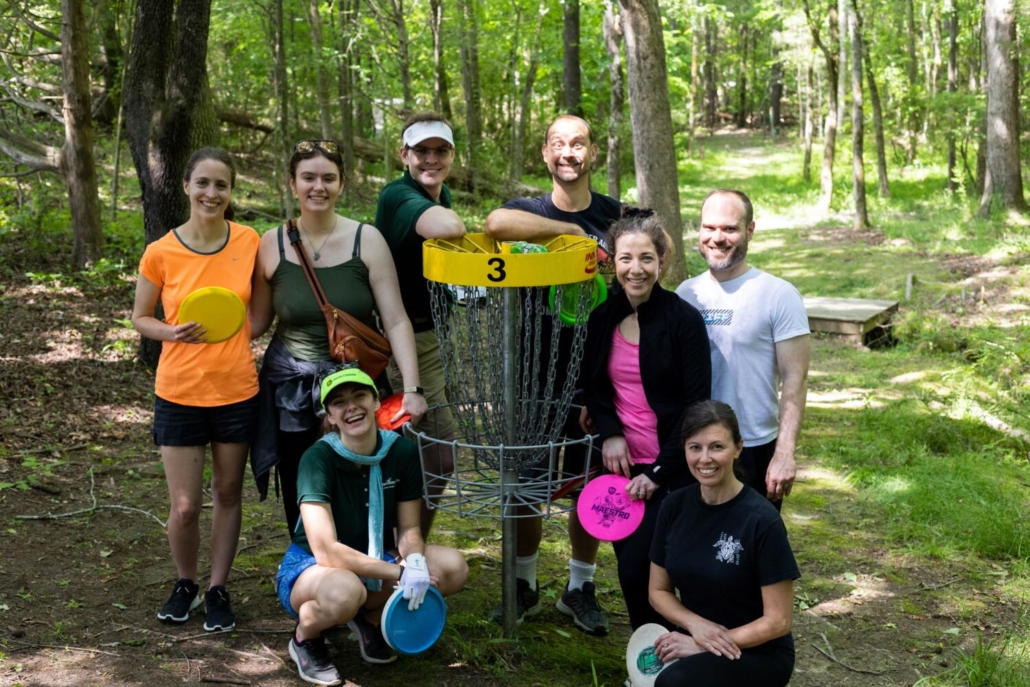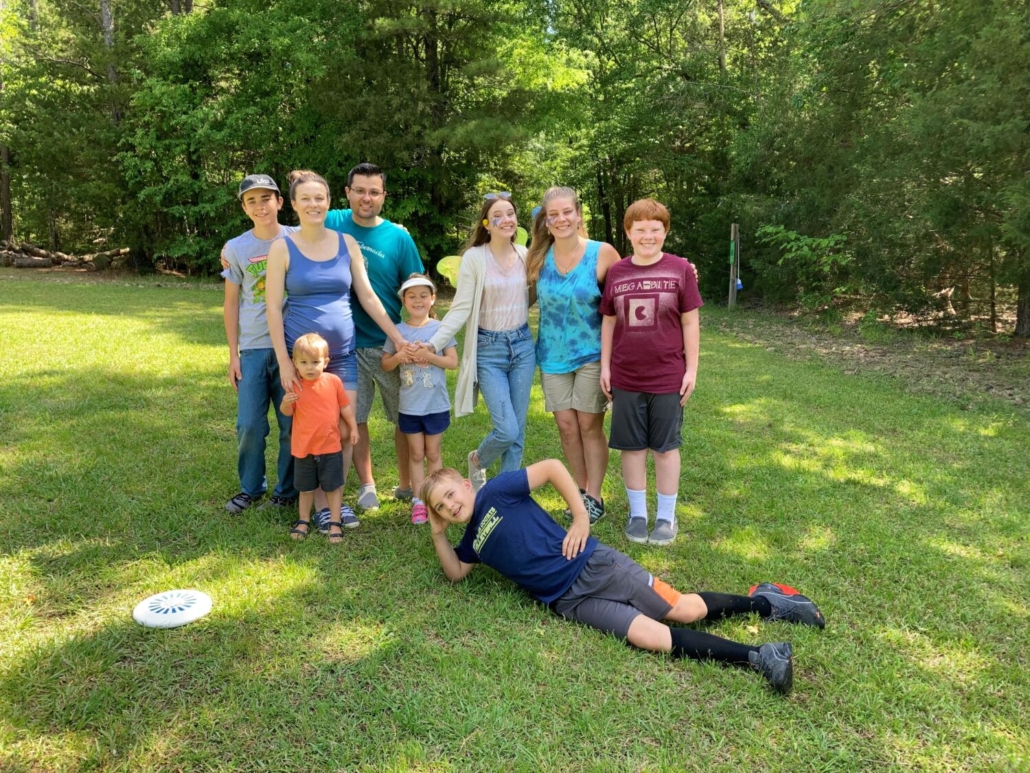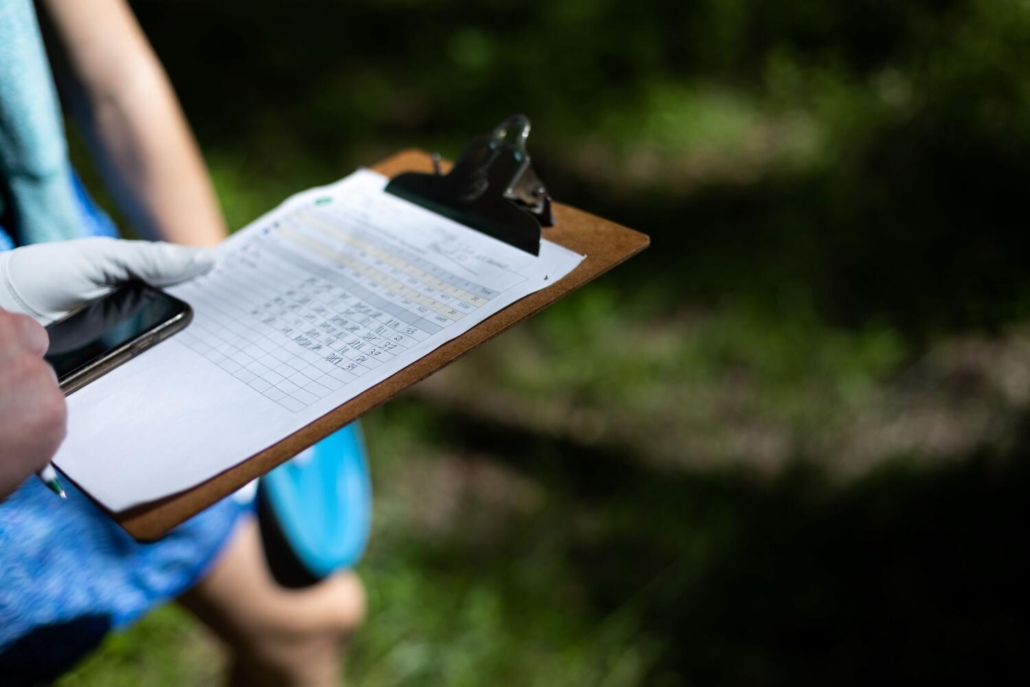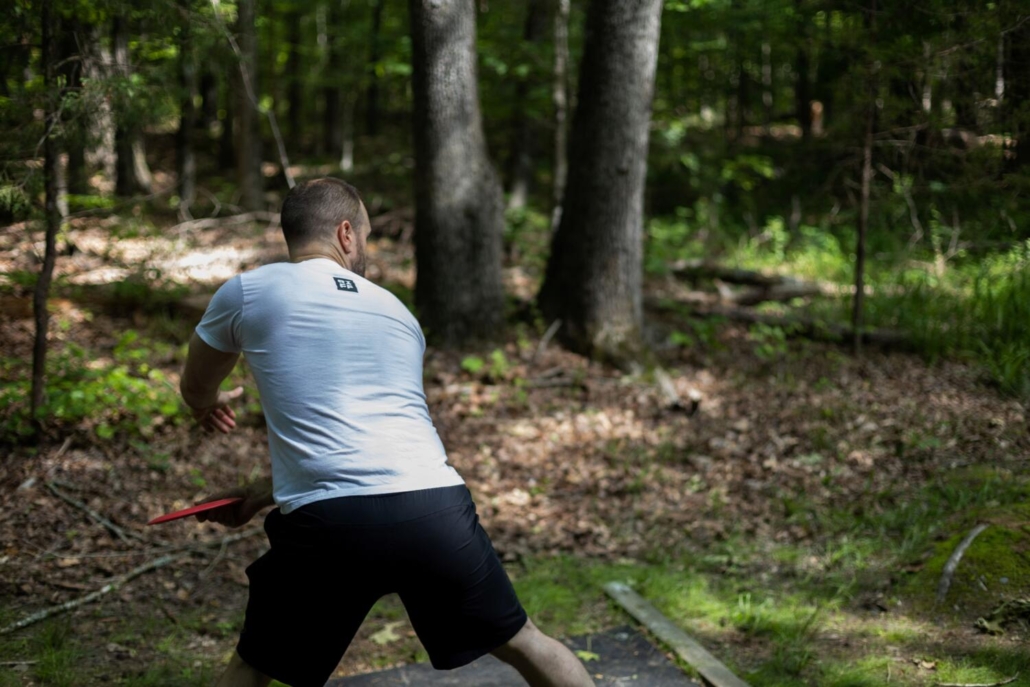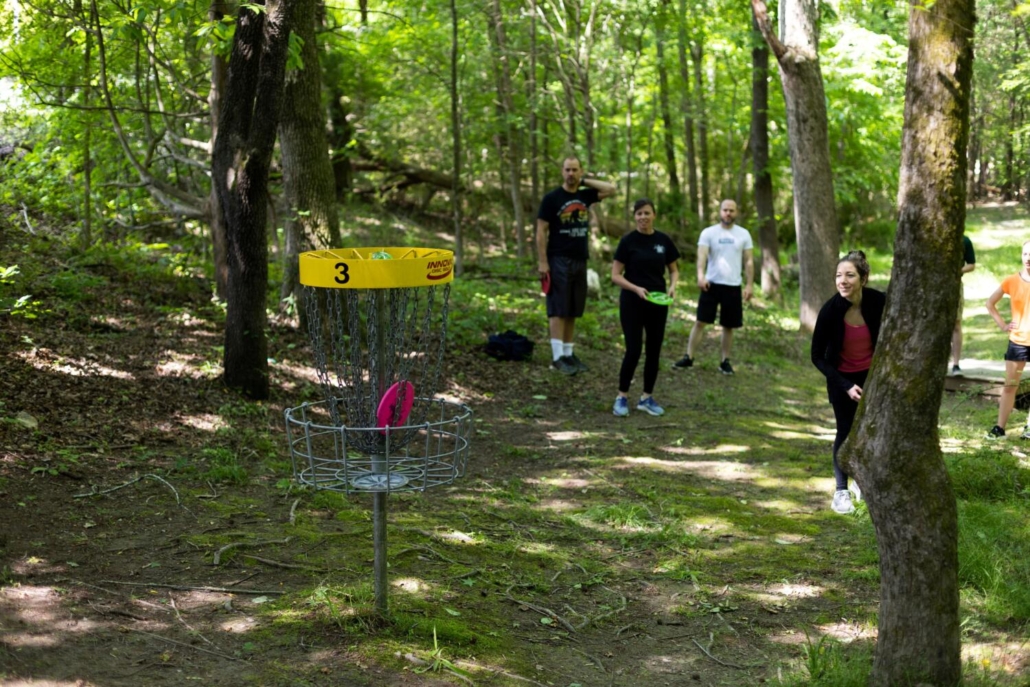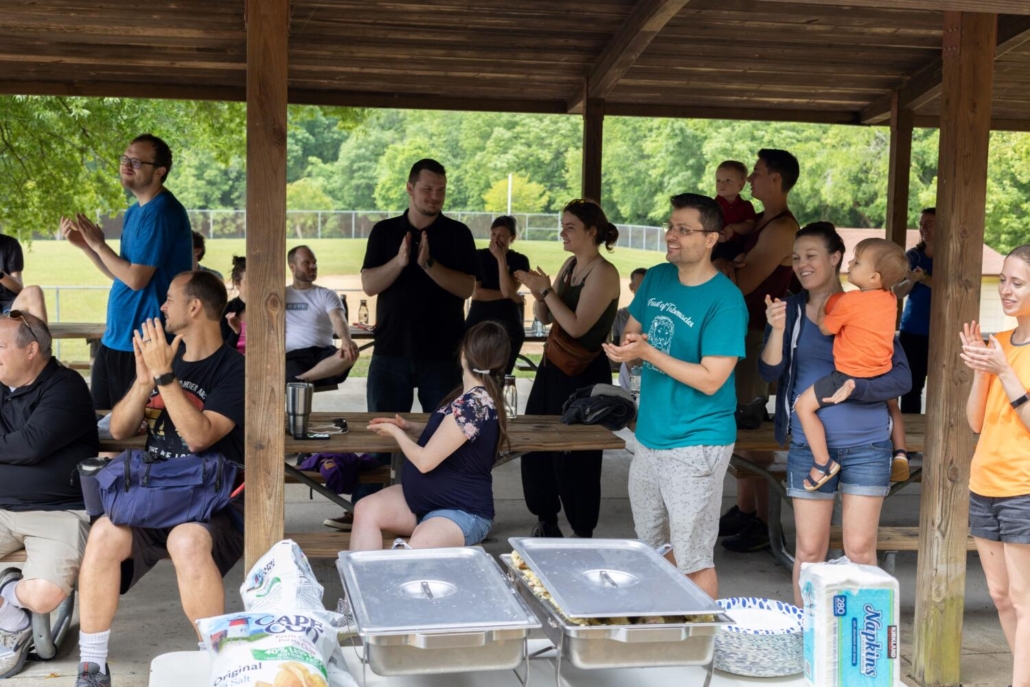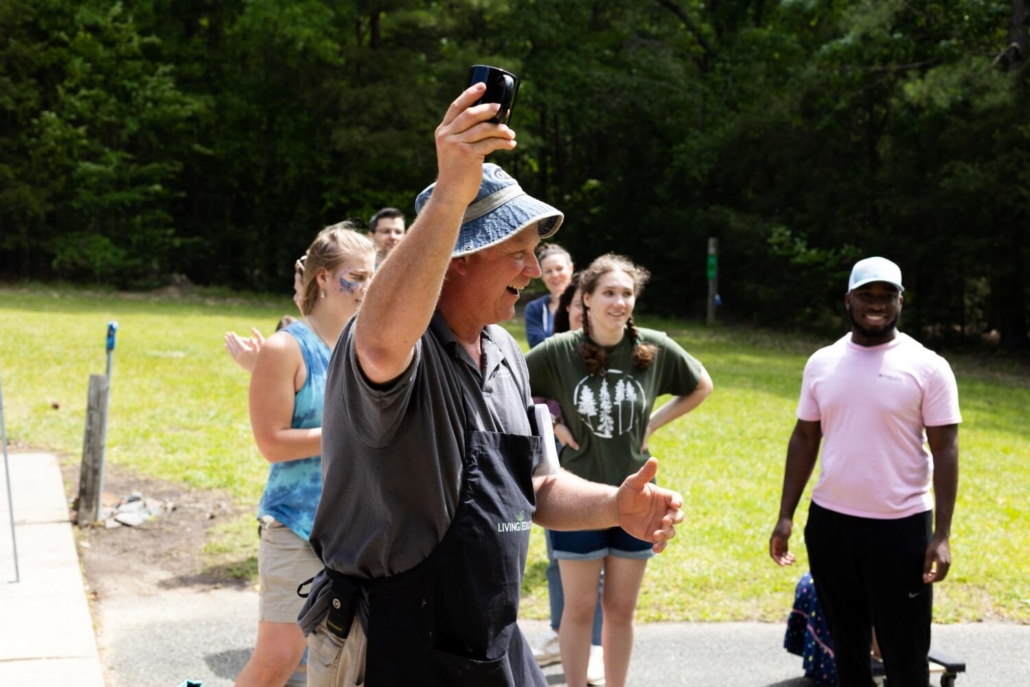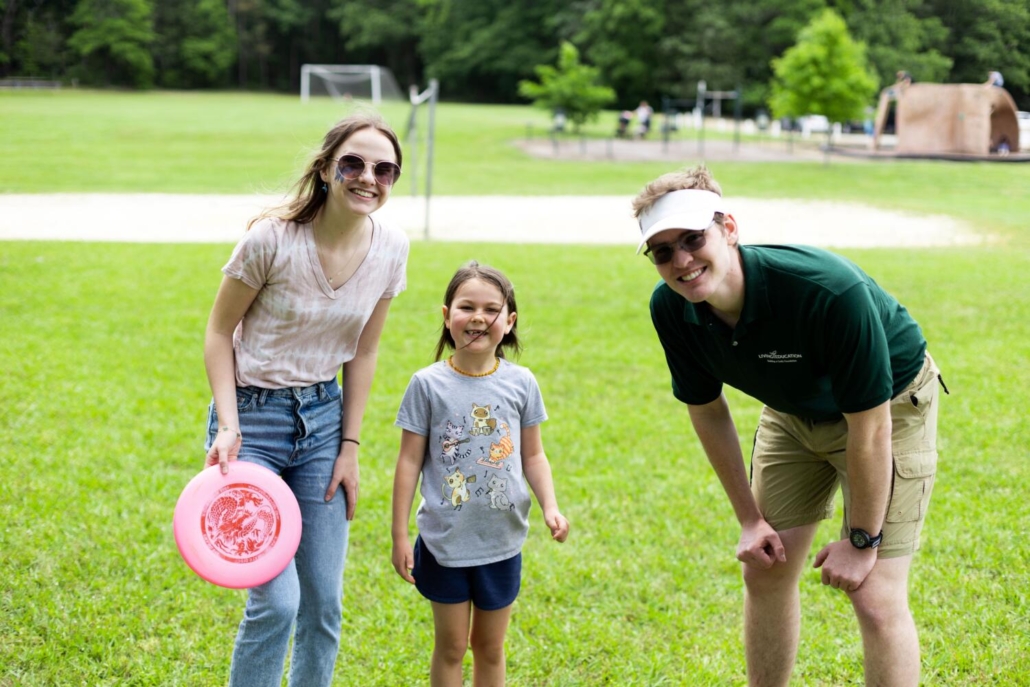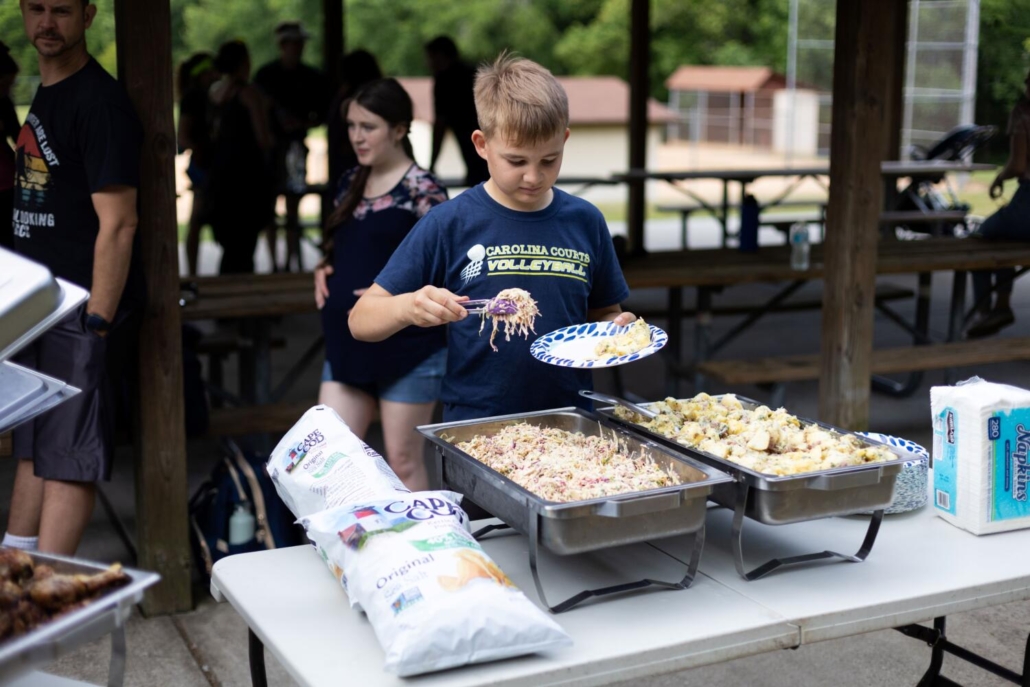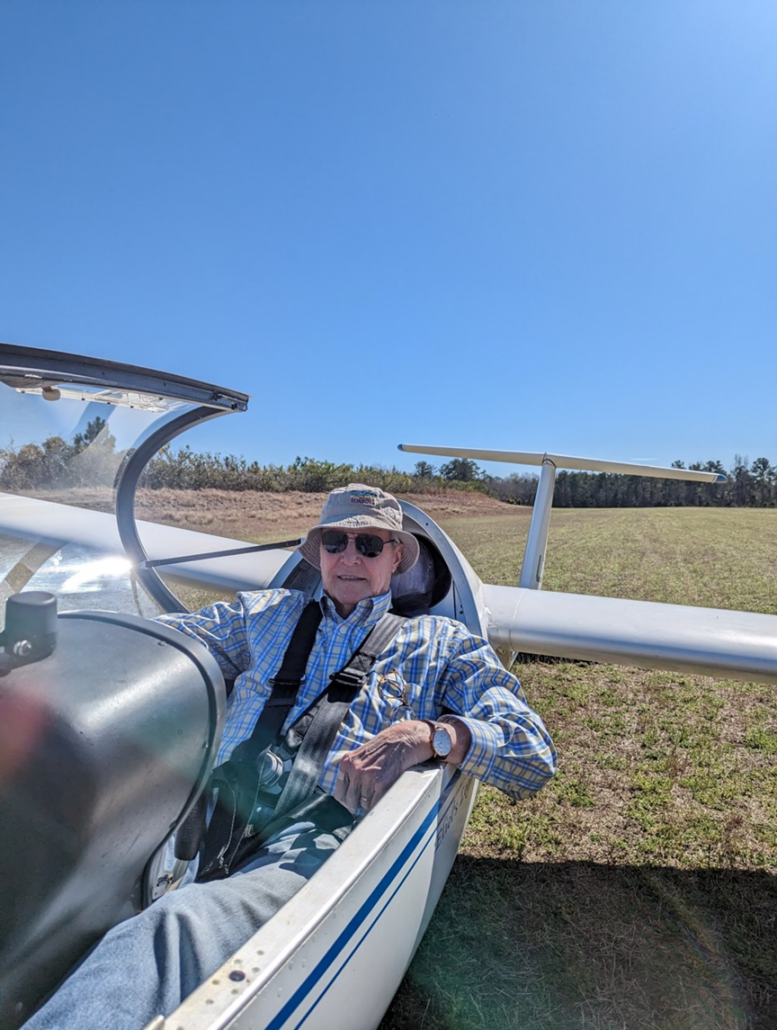Every Little Thing Counts
Author: Hyabiel Daniel | Student, Living Education – Charlotte, 2023-24
In a recent forum led by Mr. Bonjour for LivingEd students, a powerful message was conveyed: Every member of the church, regardless of their perceived strength or stature, plays a vital role in the work of God.
Drawing inspiration from 1 Corinthians 12:15, Mr. Bonjour shared an anecdote from 1962 when President John F. Kennedy visited NASA and encountered a janitor who believed he was contributing to the monumental task of putting a man on the moon. This story beautifully illustrated how even seemingly small contributions can make a significant difference.
Unity and Purpose:
Mr. Bonjour emphasized that, just like the janitor at NASA, we each have a meaningful role within the Body of Christ (the church). He underscored the importance of leaving things better than we found them and highlighted that every part of the body has a unique purpose and value.
Effective Communication:
One crucial aspect of fulfilling our roles within the church is effective communication. Mr. Bonjour stressed that understanding others’ needs and ways of operating requires clear communication. Without it, misunderstandings, disagreements, and resentments can quickly arise. He encouraged positive confrontations as a means to improve difficult situations and foster harmony.
Optimizing Our Time:
Time is a precious resource, and it’s essential that we use it wisely. Mr. Bonjour reminded us of Ecclesiastes 9:10, urging us to make the most of every opportunity. He acknowledged that life’s challenges can sometimes overwhelm us, but he emphasized that for every problem, God provides a solution. He invoked Ecclesiastes 10:10, highlighting the value of continuous learning and the importance of sharing knowledge with others.
Honoring Others:
To maintain unity and minimize friction, Mr. Bonjour referenced Romans 12:10, which encourages us to be kindly affectionate to one another with brotherly love and to honor others by giving them preference. By honoring one another, we create an atmosphere of mutual respect and cooperation within the church community
In Conclusion…
Mr. Bonjour’s forum provided valuable insights into the importance of recognizing our unique contributions, fostering unity through effective communication, and making the most of our time. These principles are not only relevant to the church but can also be applied to our daily lives, helping us navigate challenges and build stronger, more harmonious relationships with others.

Hyabiel Daniel is a first-year Living Education Student. She is from London, United Kingdom, and typically attends the Seven Oaks Congregation. She enjoys studying social sciences and also loves spending time reading books, baking, and spending time with loved ones.



